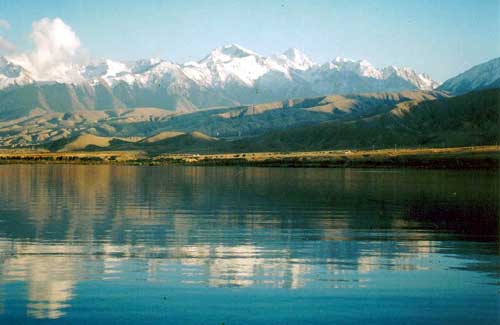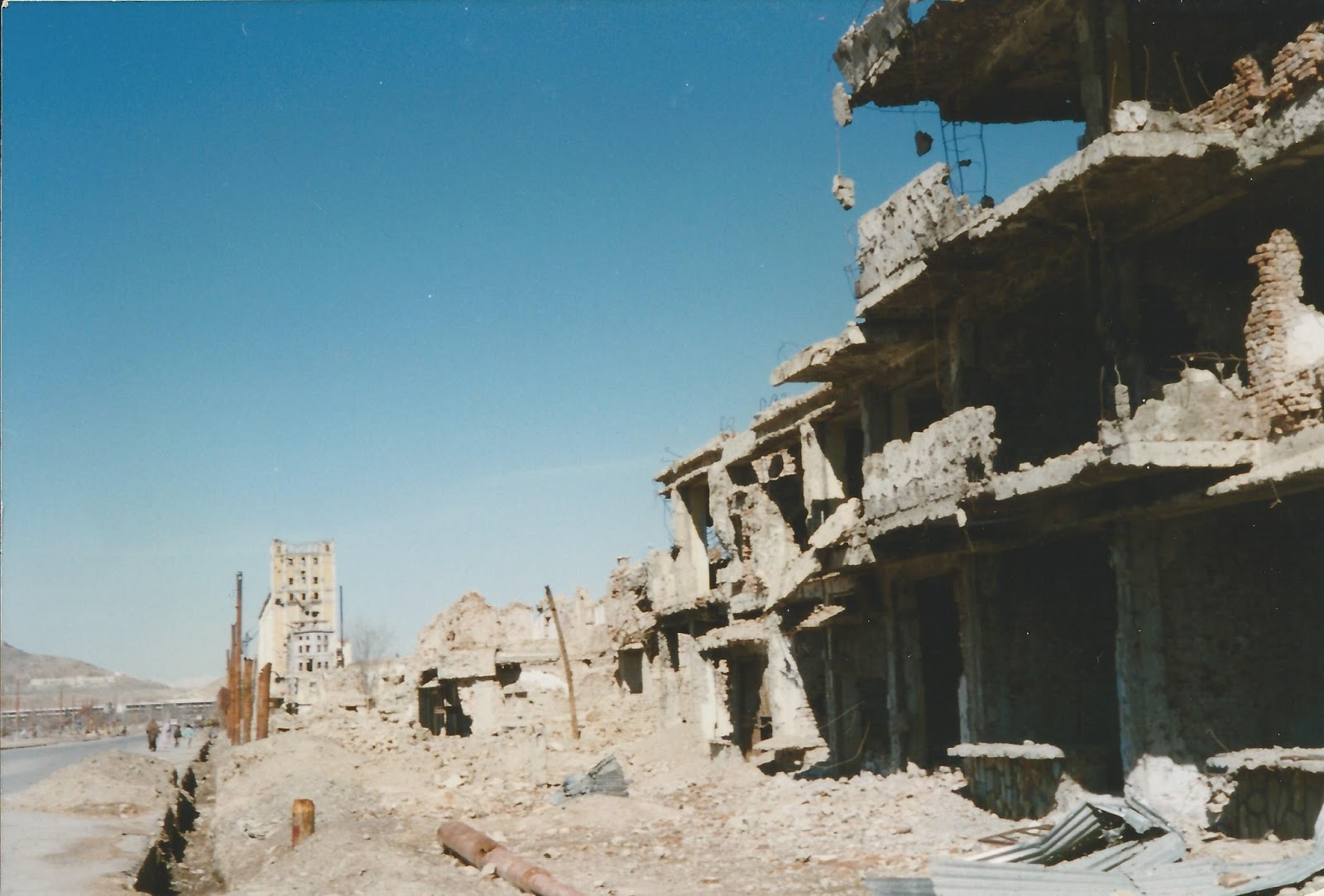Northern
Pakistan is a land of superlatives.
The area
abounds in Buddhist temples and stupas to remind you of the rich heritage that
stretched north to Afghanistan and the now tragically destroyed Bamyan Buddhas.
Takht I Bahi started out as a Zoroastrian temple before it began its long history as a Buddhist monastery. Its magnificent hilltop location protected it from the ravages of wars and invaders that have swept by through the ages.
As the finest and most complete Buddhist monastery in Pakistan, it was listed a UNESCO world heritage site in 1990.
I first travelled through Malakand and the Malakand pass in the 1990’s. The Chitral relief force passed this way in April 1895 leading to the formation of the Malakand field force.
The Pathan tribes and the British go back a long way. Serving in the Malakand field force a young Winston Churchill gave his name to a fort still perched high on the side of the Swat valley.
| The Malakand pass today |
Upper Swat has been compared to Switzerland for its panoramic landscapes, but any further comparison would be greatly misleading. As a land of high adventure this really is the genuine article.
| Upper Swat |















